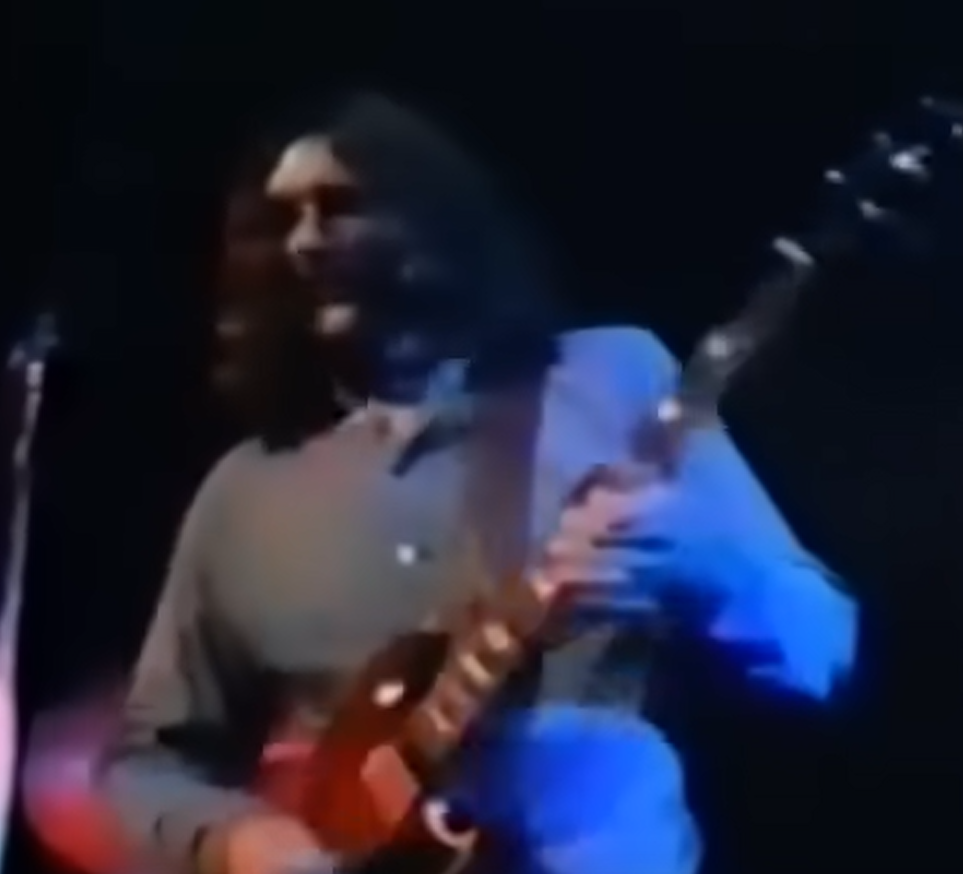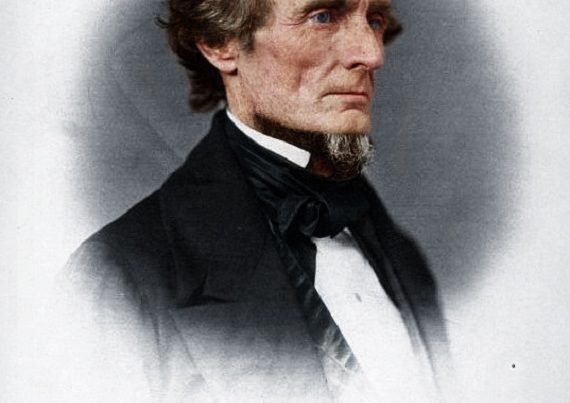Dickey Betts died. If you need to read a biographical tribute, turn elsewhere. While there are plenty of cookie-cutter articles about Dickey Betts all over the place, the perspective found here is from a fellow musician, a fellow guitarist, and a fellow Southerner who never met Dickey Betts or ever even saw him perform. But, oh, what an influence he had on me!
Dickey Betts was the “other” guitar player in The Allman Brothers Band. I realize he had a full name, but all I’ve ever called him was Dickey, and that seems to be good enough. Although he was one of the original founding members of The Allman Brothers Band, Dickey was buried deeply behind the massive solar burst of Duane Allman, and he was brilliant at it. Sure, there were plenty of Allman Brothers songs that featured the unfair, immortal, celestial voltage of lead guitar power that was Duane Allman, but they weren’t all like that. If you need to have your face melted by Duane Allman, turn to Whipping Post or One Way Out. There are sections of those solos that still make me gasp out loud, but where was Dickey in songs like that? One of the most valuable musical (or life) lessons I could have ever learned was that Dickey was busy being Dickey. He knew how to do what he did best, and he was the very good at it.
I started playing guitar at 12 in 1972, and in 1974 I played my first Allman Brothers song – Dickey Betts’ In Memory of Elizabeth Reed. Today, the grown-up musician in me tackles things such as was it Rock? Was it Jazz? Was it Blues? Was it Country? The answer is “Yes,” by the way. There’s a slow part and then a fast part. It’s not exactly in a minor key, but in the Dorian mode (minor mode with a raised 6th). However, the 14-year old me noticed immediately that all the guitar notes naturally “fit” the way my hand wrapped around the guitar’s neck. I would soon notice that practically ALL of Dickey Betts’ songs did the same thing. Simple, easy to play, natural, and brilliant! The teenage me also noticed that the third time through the opening slow melody, a second guitar breaks away from the first and plays the melody note-for-note, but at a higher pitch. I’d never, ever heard anything like that, and I was blown away. I didn’t even know that was possible. I knew that singers could do that, but I’d never heard two guitars do it. And then I discovered Hot ‘Lanta, which uses that same trick throughout the entire guitar melody. Those two songs opened up a new universe for me at a time when I couldn’t name a single person in their band. All I knew is that whatever was going on in the songs, it perfectly fit my fingers AND my ears. I could see the notes in my head, and THAT was Dickey being Dickey.
I completely and totally immersed myself in all songs by The Allman Brothers Band, because I couldn’t get over how perfectly the notes and chords fit my hand. I didn’t have to “learn” anything to be able to play those songs, because they were so natural and obvious. The next year, I auditioned for the high school jazz band, and one of my friends already in the band strongly warned me NOT to tell the band director how much I worshipped The Allman Brothers. My affinity for their songs was not in any way based on Duane’s firepower, but on Dickey. I loved his songwriting. I loved his ability to trade licks with Duane, yet stay in the shadow without being threatened. I loved his style of strumming and copying what he heard from the drums. And especially, I loved that red guitar.
My father promised me that he’d buy me an electric guitar if I got in that jazz band, and I really really REALLY wanted a red Gibson SG like Dickey played. However, there was already someone in the jazz band who played a guitar like that, so I sought a red Gibson Les Paul like Dickey played. Unfortunately, the music store didn’t have a red one, so I settled for a Les Paul in a color called “tobacco sunburst.” Charlie Daniels immortalized it when he sang about hearing “Richard Betts pickin’ on that red guitar.”
The iconic sound of The Allman Brothers Band came from Dickey Betts – his songwriting, his strumming, his harmony twin-lead guitar. I had the regrettable timing of latching onto The Allman Brothers after the deaths of Duane and Berry Oakley, so there was only a finite amount of original material to inspire me. However, I absorbed everything. I didn’t get into all the reformed and repopulated versions of the later Allman Brothers Bands very much, although I did like the 90’s versions of the band. Those were the ones fronted by Dickey, and their excellence was obvious.
The more I learned about Dickey Betts, the better I got as a musician, a person, and a Southerner. He wasn’t sadly stuck in Duane’s shadow, as most people believe, because nobody else could be Dickey. His genius was that he didn’t make a deal about it. No matter how many times I repeat it, I can’t stress how important that life lesson should be. As a guitarist, as a musician, as a songwriter, as a man, and especially as a Southerner – be the best version of YOU that you can be, because nobody else can do it. Never, ever wallow in what you don’t have, but kick everybody’s butt with what you do have. Just keep on flowin’ and don’t worry about where it’s goin’ no no.







Well, of course…his name was Forrest.
Dickey was, indeed, bothered by the acclaim that Duane received in the beginning according to published statements from band management, publicists, etc. Success and accomplishment attained in a long career following Duane’s death must have eventually eased perceived lack of esteem. It’s entirely subjective but Dickey was as melodic as, and a more versatile guitar player than Duane. Duane was revelatory but it seems to me his signature is almost exclusively on slide guitar. Dickey was also a fine and affecting singer. Beyond the Allman Brothers Band standard set of blues covers and originals from “Fillmore East”, their best moments on record are in the music and lyrics of tunes written by Dickey Betts. In a great and talented band from the beginning through their reunions, Dickey is indispensable… and, sure enough, it never occurred to me that his home was in any direction but the South.
A note: The ’90’s reunion band beginning with Seven Turns was very good, probably the closest a great band ever came to recapturing its glory days but give Enlightened Rogues from 1979 a listen. It’s a one-off but I think it’s fine and essentially sounds like Dickey Betts making an Allman Bros. album.
Mr. Tom Daniel, have you a list of Southern rock bands who have played at Muscle Shoals, AL in the late 60s early 70s? Would you say that Muscle Shoals, AL was similar to Sun Records in Memphis, TN where many young artist got their start? I only heard of the Swampers & Muscle Shoals from the song “Sweet Home Alabama.” Thanks for the music lesson.